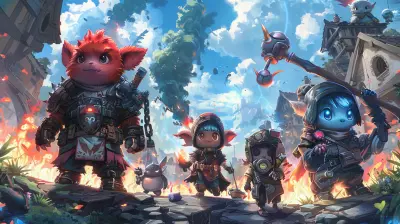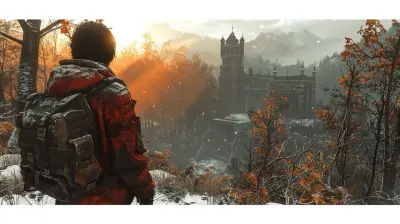How Single Player Games Encourage Creative Problem-Solving
6 November 2025
When was the last time you were truly stumped by a game? You sat there, controller in hand, staring at the screen, racking your brain over some impossible puzzle or mind-bending quest. Sooner or later, that “aha” moment hit, and suddenly everything clicked. That’s the magic of single-player games. Beyond just being a great way to unwind, they have a sneaky way of sharpening our minds, pushing us to think creatively, and turning us into problem-solving ninjas without us even noticing. Crazy, right? Let’s dive into how single-player games do it and why they’re so good at encouraging creative problem-solving in ways you might not expect. 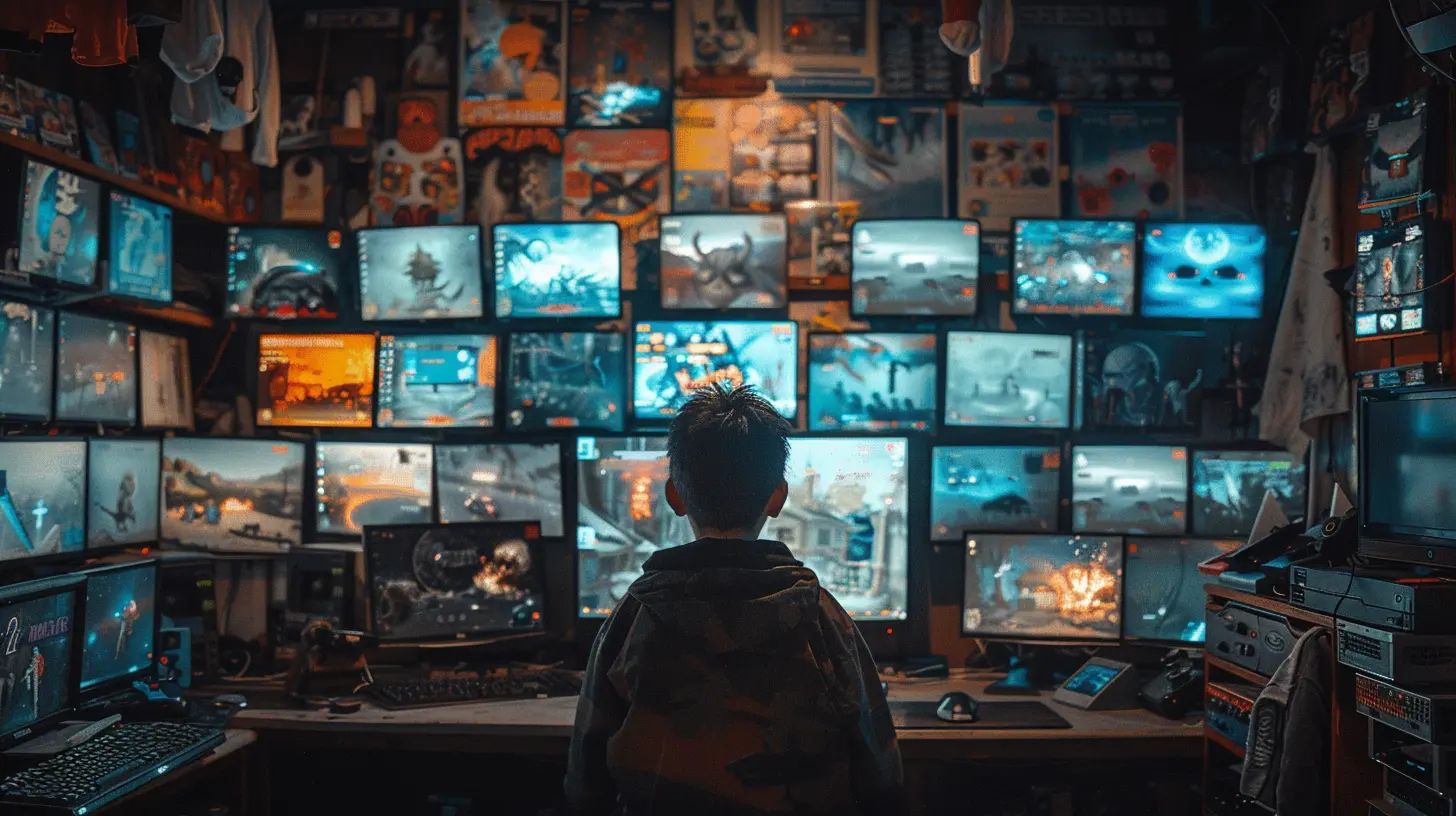
The Magic of Problem-Solving in Games
Think about this: single-player games toss you directly into challenges. You're not just a passive observer—you’re the hero, the strategist, the mastermind who’s supposed to figure it all out. Whether it’s escaping a trap-filled dungeon, deciphering cryptic patterns, or figuring out how to reach that one impossible ledge, these games are like a mental gym. They work your brain in ways that traditional learning tools can’t.Unlike multiplayer games where you might lean on teammates or follow someone else’s lead, single-player games make it personal. It’s all on you to solve the problem, and that’s where the magic happens. 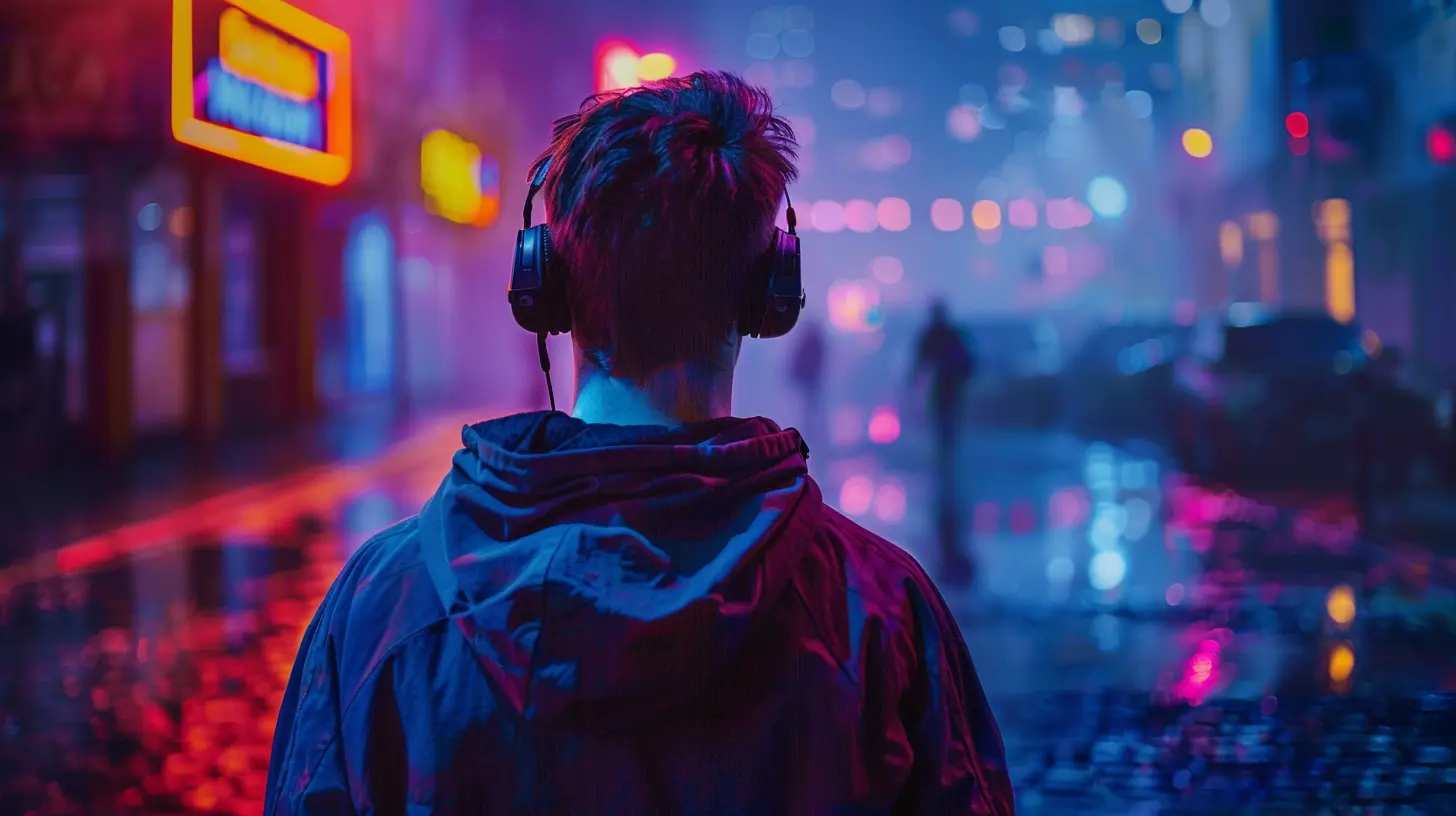
Why Single-Player Games Spark Creativity
1. No Hand Holding—You're the Boss
Have you ever noticed how single-player games don’t always spoon-feed you solutions? They’ll chuck you into a world with minimal instructions, expecting you to figure things out as you go. In "The Legend of Zelda: Breath of the Wild," for example, you’re left to explore, experiment, and come up with creative solutions to seemingly insurmountable obstacles. Can’t cross that river? Build a raft. Stuck in a snowy region? Cook a meal for warmth.This kind of open-ended gameplay practically forces you to think outside the box. There’s no “right” answer—only the one you invent. It’s like being given a puzzle with no instructions. Sure, it’s frustrating at first, but it fuels your creativity and problem-solving muscles in ways you didn’t even think were possible.
2. Trial and Error Teaches Resilience
If you've played any puzzle-heavy games like "Portal" or "The Witness," you know the drill: get it wrong, try again, fail, tweak your approach, repeat. It’s like baking a cake without a recipe. You put in too much flour the first time, burn it the second, and then finally nail it.Single-player games teach you that failure isn’t the end—it’s a stepping stone. They encourage a growth mindset, showing you that every misstep brings you closer to the solution. That resilience you build? It doesn’t just stay in the game. You start applying it to real-life challenges, whether it’s brainstorming at work or fixing a leaky faucet at home.
3. Immersive Worlds Trigger Lateral Thinking
Single-player games are pros at immersing you in rich, detailed worlds where every little thing might hide a clue. Take a game like "Hollow Knight," where an abandoned cart might hold a hint, or a crumbling wall could conceal a secret path.To progress, you have to think laterally—approaching problems from angles you might not have considered. A locked door isn’t just a locked door; it could have a switch hidden miles away, or the solution might involve an ability you didn’t think was relevant. It's like solving a treasure map where X marks the spot, but the clues are scattered all over the place. 
Real-World Skills You Build Without Even Realizing
You're probably thinking: “Sure, this is all fun, but what’s the point outside of gaming?” As it turns out, the problem-solving skills you develop in single-player games translate beautifully to real life. Let’s break it down.Critical Thinking in Everyday Scenarios
That ability to analyze a tough situation in a game? It doesn't vanish when you put the controller down. Whether you're navigating a sticky situation at work or planning a trip, single-player games train your brain to dissect problems, weigh possibilities, and strategize effectively.Patience and Perseverance
Remember how many times you failed that boss fight in "Dark Souls" before finally triumphing? That grit pays off. Games teach you to keep going even when things don’t pan out right away. It’s a priceless skill for tackling long-term goals or overcoming tricky real-world obstacles.Thinking Outside the Box
Let’s face it: modern problems require creative solutions. The unconventional thinking you pick up in single-player games can help you brainstorm innovative ideas or come up with resourceful ways to solve complicated dilemmas.Improved Focus and Attention to Detail
Single-player games demand your full attention. Missing a single clue could mean hours stuck in the same spot. That heightened focus becomes a habit, making you more attentive and detail-oriented in everyday life—whether you're balancing a work project or double-checking an email.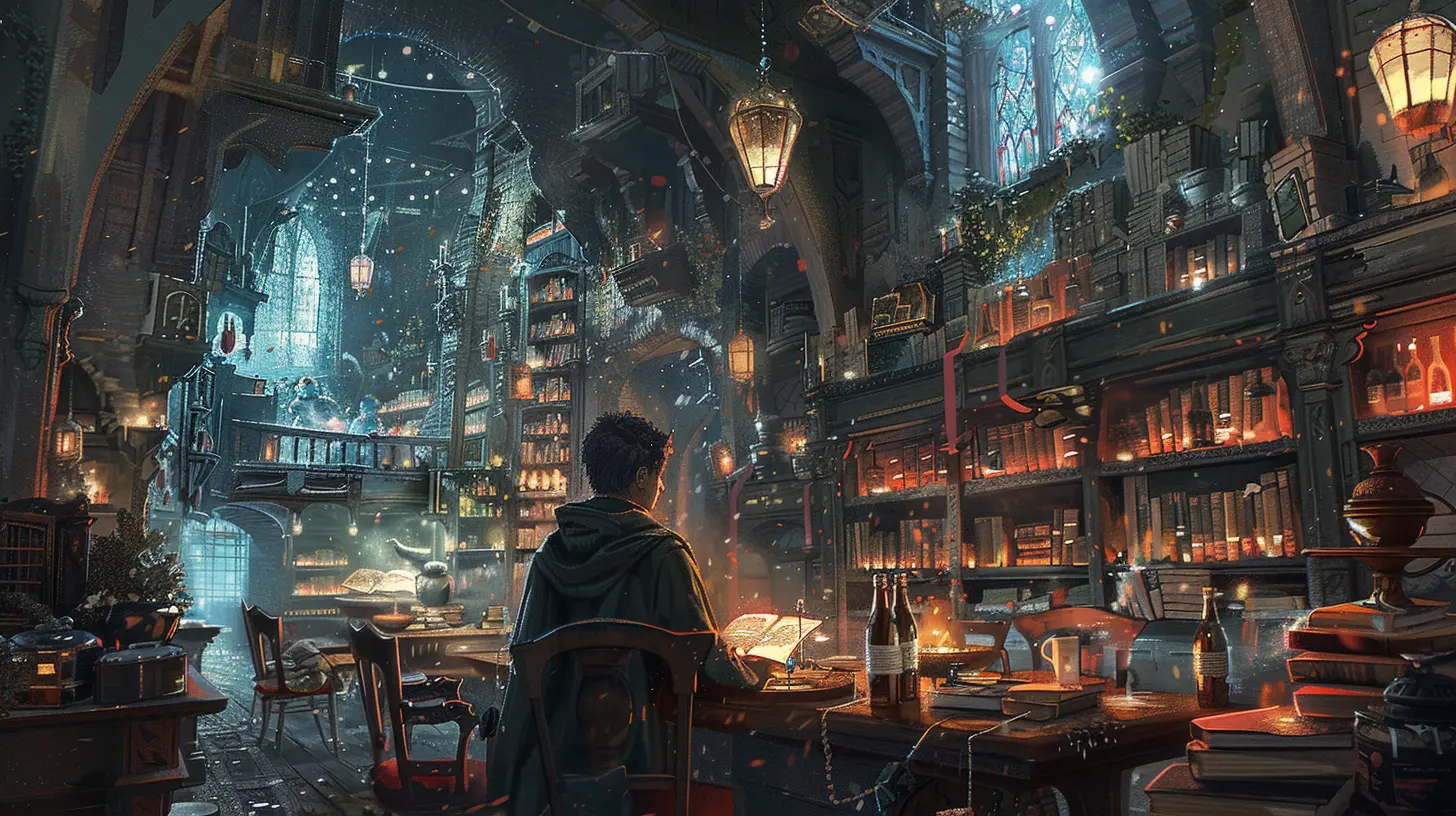
Some Games That Redefine Problem-Solving
Not all single-player games are created equal. If you’re looking to stretch your creative muscles, here are a few titles that stand out:- Portal 2: You’ll be solving physics-based puzzles that require you to think in dimensions you didn’t even know existed. Ever tried flinging yourself through a portal? It’s mind-blowing.
- The Witness: A peaceful island setting with brutally difficult puzzles that challenge pattern recognition like nothing else.
- Minecraft (Survival Mode): You’re left to fend for yourself. Build, craft, and survive using pure ingenuity.
- Inside: A minimalist platformer that uses environmental storytelling and puzzles to get you thinking deeply.
- Baba Is You: A game that literally rewrites the rules of reality (within the game) to solve puzzles. It's as innovative as it gets.
Each of these games will have you looking at problems from angles you didn’t think were possible.
Why This Matters More Than Ever
We live in a world where creativity and innovation are more valuable than ever before. Employers want problem-solvers, entrepreneurs need innovative ideas, and day-to-day life throws unexpected challenges at us constantly. Single-player games are more than just entertainment—they’re virtual training grounds for developing these crucial skills.Here’s the beauty of it: gaming doesn’t feel like “work” in the same way studying or practicing a skill does. It’s fun, immersive, and rewarding. You might start a game just to kill some time, but before you know it, you’re rewiring your brain to tackle problems with fresh eyes and innovative approaches.
Are Single Player Games the Ultimate Learning Tool?
Okay, I’m not saying we should replace schools with gaming sessions—though that sounds like a dream—but there’s no denying that single-player games bring something unique to the table. They mix fun with education in such a seamless way that you don’t even realize you’re learning.When you're crafting a clever solution in a game, you’re not just solving that puzzle—you’re training your brain to think in ways that will help you in all areas of life. So, the next time someone tells you gaming is a waste of time, just smile and let them know you’re sharpening your problem-solving skills like a boss.
Wrapping It Up
Single-player games may seem like just another form of entertainment, but they’re so much more than that. They challenge us, teach us resilience, and push our creativity to new heights. Whether you’re leaping across collapsing platforms, solving intricate puzzles, or crafting a survival strategy, you’re honing skills that’ll serve you far beyond the gaming world.So, keep playing, keep solving, and keep growing. Who knew saving the princess or finding the lost artifact could make you such a creative problem-solver in real life?
all images in this post were generated using AI tools
Category:
Single Player GamesAuthor:

Leandro Banks
Discussion
rate this article
1 comments
Octavia McPherson
Single-player games: where you're free to flex those creative muscles without judgment. Who needs a team when you can outsmart, outmaneuver, and outshine every pixel on your own? Level up, solo!
November 7, 2025 at 4:11 AM

Leandro Banks
Absolutely! Single-player games provide a unique space for players to explore their creativity and problem-solving skills without external pressures, allowing for personal expression and innovative gameplay.
